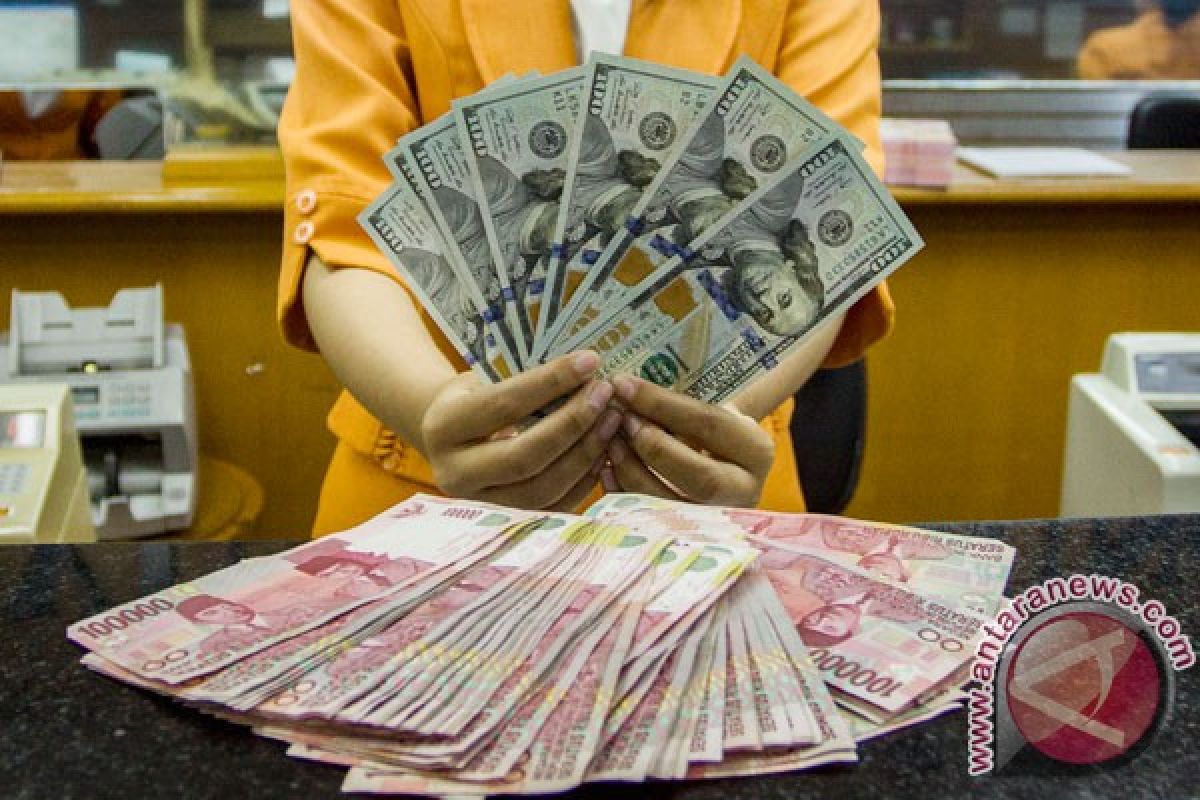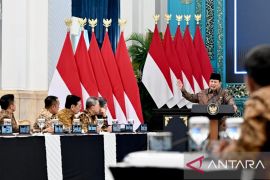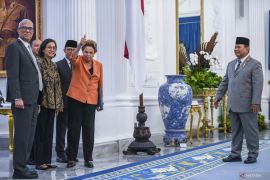"The Rp14,400 assumption is our conservative figure," she said during a press conference here on Thursday.
The assumption has taken into account dynamics in developed nations, including the normalization of US and European monetary policies expected to remain in place until next year, she said.
Based on the results of a study, the US economy is expected to perform better, thanks to the adjustment of the Fed Rate and the support of inflation rates, she said.
The minister said the condition has the potential to lead to a capital reversal from developing nations to developed countries offering high-yield portfolios.
The other external factors are related to global crude price hikes and geopolitical problems in several parts of the world, which have not shown signs of fully abating, she said.
"But because the question of exchange rates is the domain of BI (Bank Indonesia), we will coordinate with them to stabilize the currency and growth," she said.
The strong domestic economic fundamentals, including controllable inflation rates, health budget deficits and improved debt ratings will serve as a positive factor to stem the rupiah`s weakening exchange rate against the dollar, she said.
The other positive factor is the policy to stabilize the rupiah`s exchange rate, coupled with sufficient foreign exchange reserves and coordination among state-owned companies to make available foreign currency, she said.
In addition, the quantitative easing and low interest policies which are still continuing in Europe and Japan will also help prevent capital outflow, she said.
"The depreciation of the rupiah`s exchange rate also has the potential to boost the export performance," she said.
(S012/INE)
Reporting by Satyagraha
Editing by Suharto, Andi Abdussalam
Reporter: Suharto
Editor: Suharto
Copyright © ANTARA 2018












